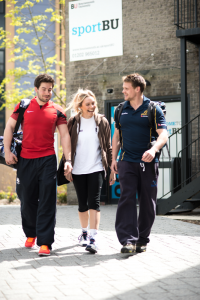
BU’s Dr Erika Borkoles has provided expert assessment of research recently published in the Lancet, exploring the links between a sedentary lifestyle and moderate exercise. This has been widely picked up by the media, including the New Scientist and the Guardian. Below, she explains the research and its significance.
Many scientist in the field of sport, exercise and physical activity have been frustrated for years about why people don’t exercise, play sport, or enjoy daily physical activity, such as moderate intensity walking, even though those who are regularly active they feel the physical, social, and mental benefits.
One of the main problems was providing strong scientific evidence base for showing health benefits of being active. Research has been fraught with trying to work out, the frequency, intensity, lengths of time and the type of activity, whether it is aerobic, strengths based or a combination of the two. Then there was the issue of how the activity of daily living contributes to the structured physical activity’s effect on health.
More recently, research has shown that sedentariness is a separate consideration from being physical active. Sedentariness is now associated with sitting time, and prolonged sitting has been deemed to have significant health risk regardless of physical activity pattern.
The scientific data available is still contradictory, but the recent harmonised meta-analysis by Professor Ulf Ekelund and his colleagues published in the Lancet is providing a reasonably robust evidence that moderate physical activity of 60-75 minutes a day, every day can significantly reduce all-cause mortality risks. The unique point of this meta-analysis is that the authors acknowledge that sedentariness and being active co-exists in one’s life. It might be that someone has a very sedentary job (e.g. truck driver who will perhaps sit more than 8 hours a day) but if they can fit in regularly moderate intensity activity, their risk of dying is significantly reduced.
Interestingly, when the data was scrutinised, those who watched TV for 3 hours a day or more, being active only provided health benefits in the highest activity bands. If TV viewing exceeded more than 5 hours per day, moderate physical activity was not protective.
The good news is that Ekelund et al’s research is providing reasonable scientific evidence for being active is something we should all practice and would benefit from. The main message is from current research findings are: if you job requires prolonged sitting, try to break it up at least once an hour by walking about, making a cup of tea or walk outside for a couple of minutes, but also continue to build in at least 60 minutes of daily moderate activity in your life.
Dr Borkoles provided expert assessment of the Eklund et al’s research, which can be read here.
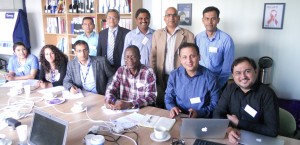
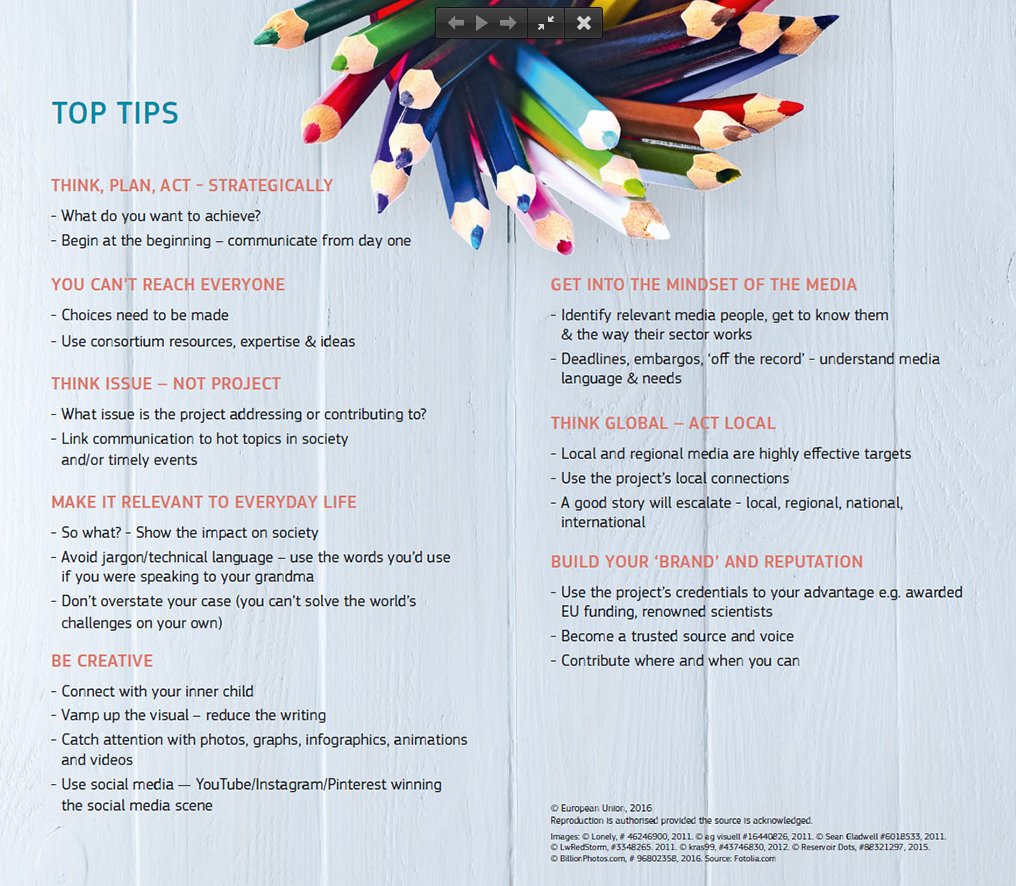
 Dr. Pramod Regmi in FHSS published his latest paper today in the South East Asia Journal of Public Health. The paper ‘Priority public health interventions and research agendas in post-earthquake Nepal’ is co-authored with researchers based in New Zealand, Nepal and the UK [1]. The authors reminds the readers that natural disasters cause huge damage to infrastructure, economies as well as population health. Nepal’s 2015 earthquake has multiple effects on population health and health services delivery. Many public health facilities, mostly health posts or sub-healthposts, were damaged or completely destroyed. Priority health services such as immunisation and antenatal care were also seriously affected.
Dr. Pramod Regmi in FHSS published his latest paper today in the South East Asia Journal of Public Health. The paper ‘Priority public health interventions and research agendas in post-earthquake Nepal’ is co-authored with researchers based in New Zealand, Nepal and the UK [1]. The authors reminds the readers that natural disasters cause huge damage to infrastructure, economies as well as population health. Nepal’s 2015 earthquake has multiple effects on population health and health services delivery. Many public health facilities, mostly health posts or sub-healthposts, were damaged or completely destroyed. Priority health services such as immunisation and antenatal care were also seriously affected.
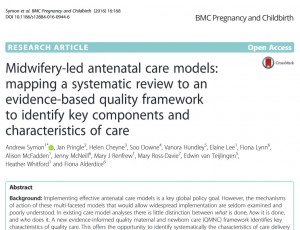
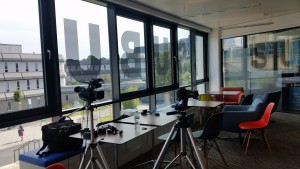
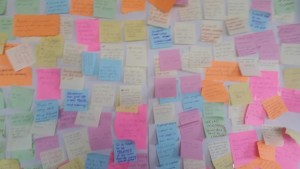
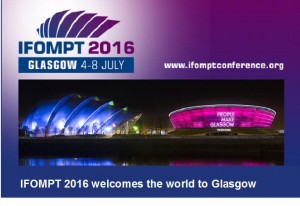
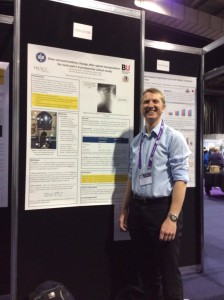
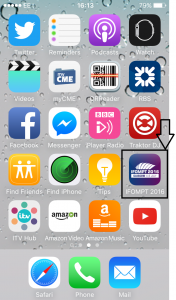
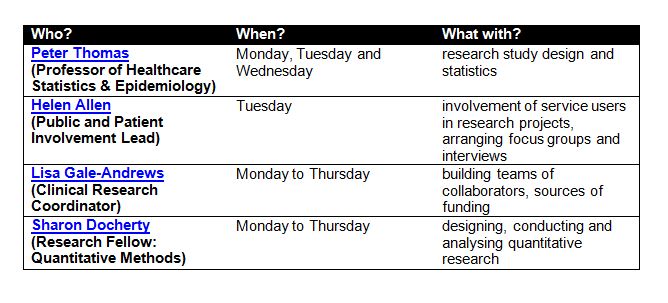
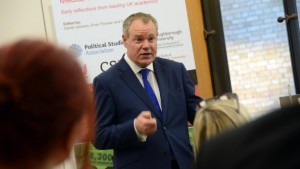
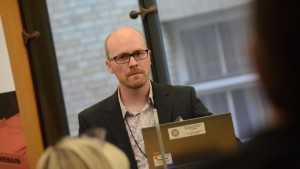
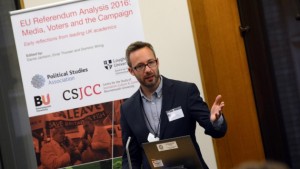
 pplication deadline: 15 August 2016
pplication deadline: 15 August 2016










 Read and sign up to BU’s Policy Influence Digest
Read and sign up to BU’s Policy Influence Digest Upcoming opportunities for PGRs – collaborate externally
Upcoming opportunities for PGRs – collaborate externally BU involved in new MRF dissemination grant
BU involved in new MRF dissemination grant New COVID-19 publication
New COVID-19 publication MSCA Postdoctoral Fellowships 2024
MSCA Postdoctoral Fellowships 2024 Horizon Europe News – December 2023
Horizon Europe News – December 2023